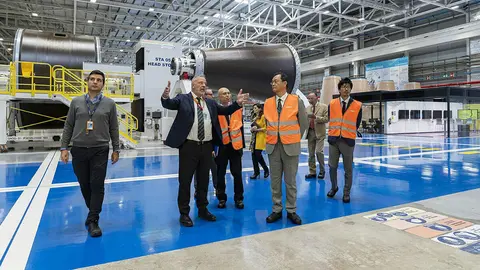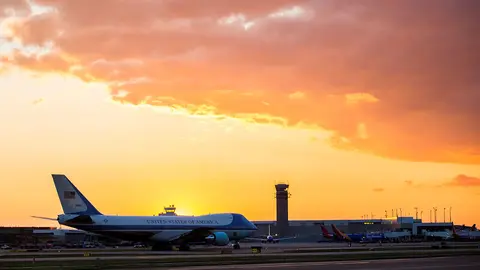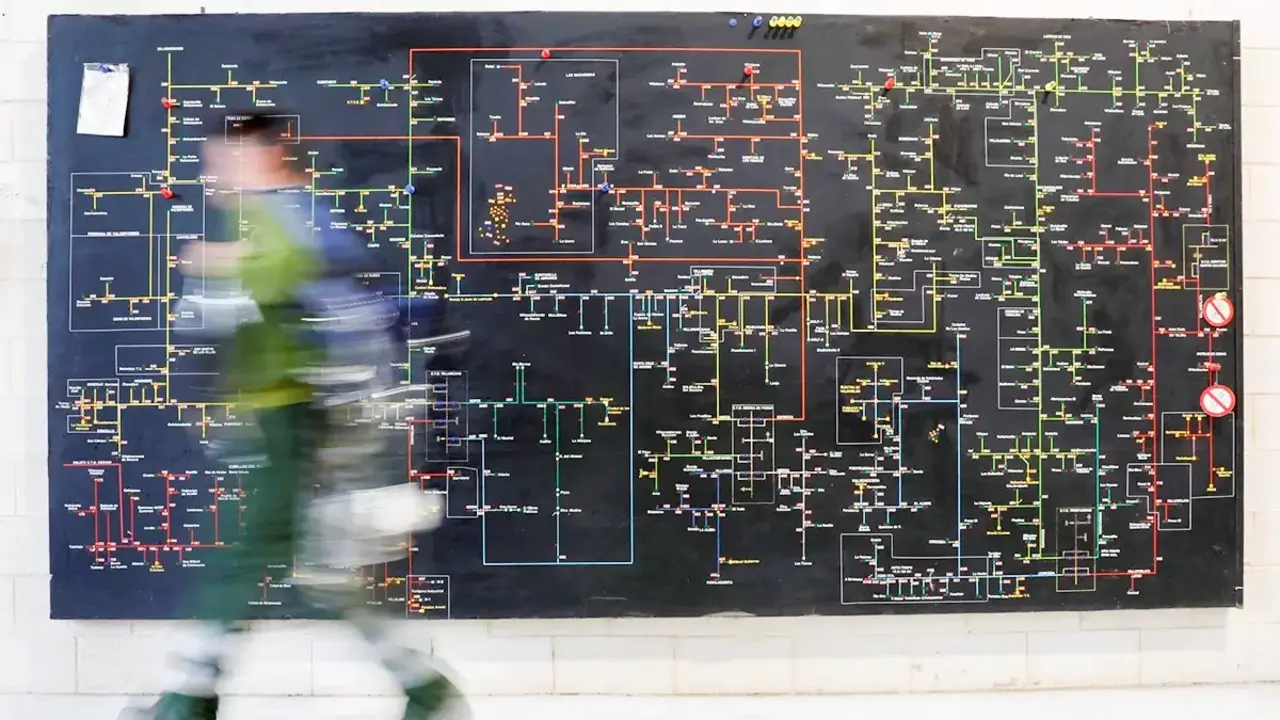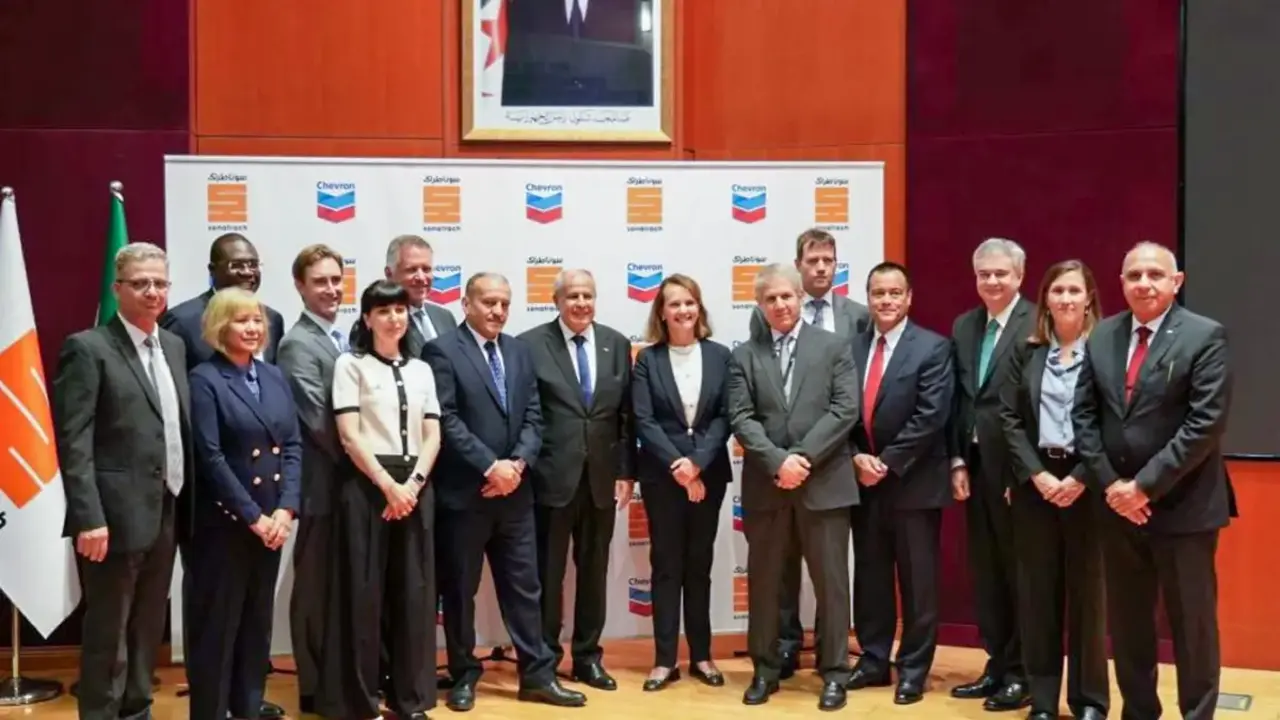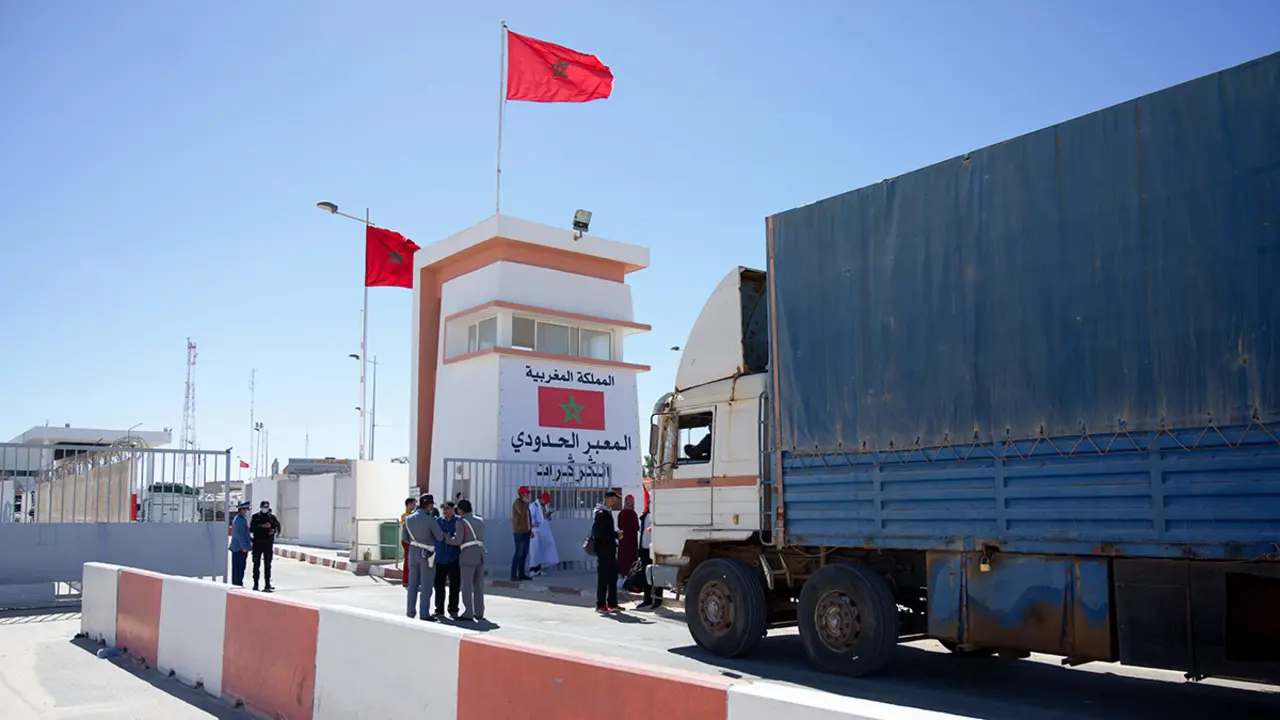Lilium signs landmark agreement with Saudia Group for the purchase of 100 flying taxis
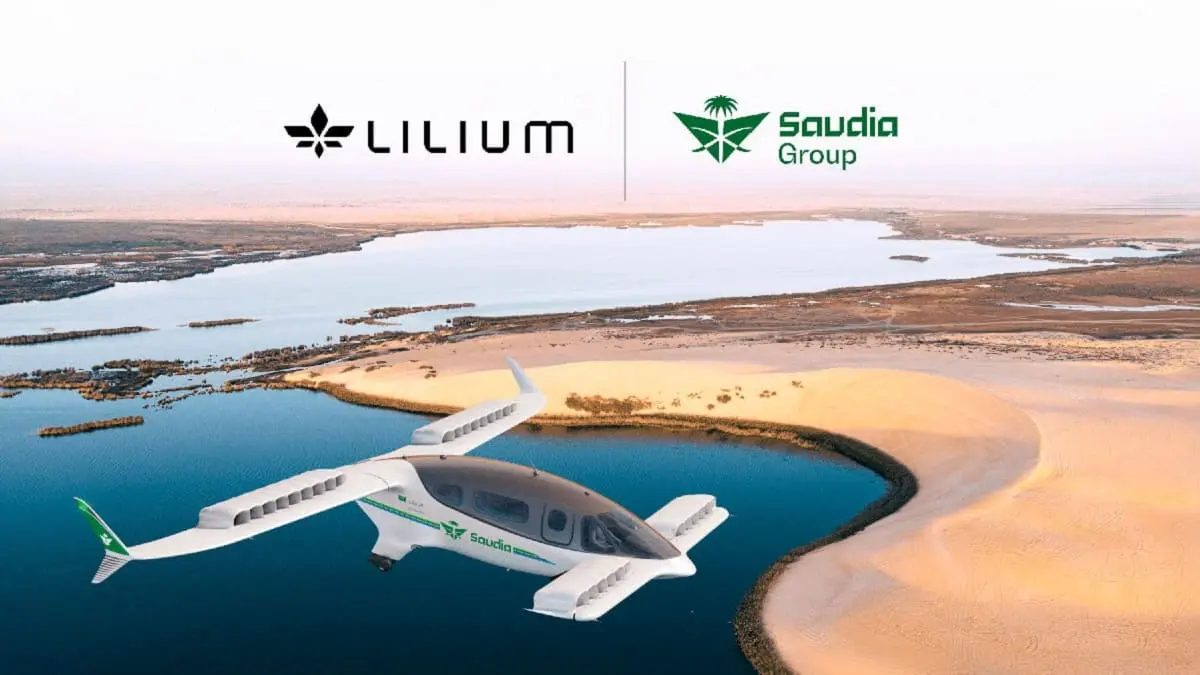
German electric aerial vehicle developer Lilium has signed a binding sales agreement with the Saudia Group for the purchase of 50 Lilium Jet flying taxis, with options to purchase 50 more. The signing ceremony was held at Lilium's headquarters in Gauting, near Munich, and was attended by Fahd Al-Jarbou, CEO of Saudia Private, Klaus Roewe, CEO of Lilium, Michael Kindsgrab, German Ambassador to Saudi Arabia, and Saudia Group CEO Ibrahim Al-Omar.
This agreement, which follows the Memorandum of Understanding signed in October 2022, is the largest of its kind in the MENA region and represents a major milestone in the industry, being the largest commitment to purchase eVTOL (electric vertical take-off and landing vehicles) aircraft by an airline. This commitment to electric aviation demonstrates a clear preference for the advantages of the Lilium Jet in terms of superior performance, economic efficiency and an excellent passenger experience.
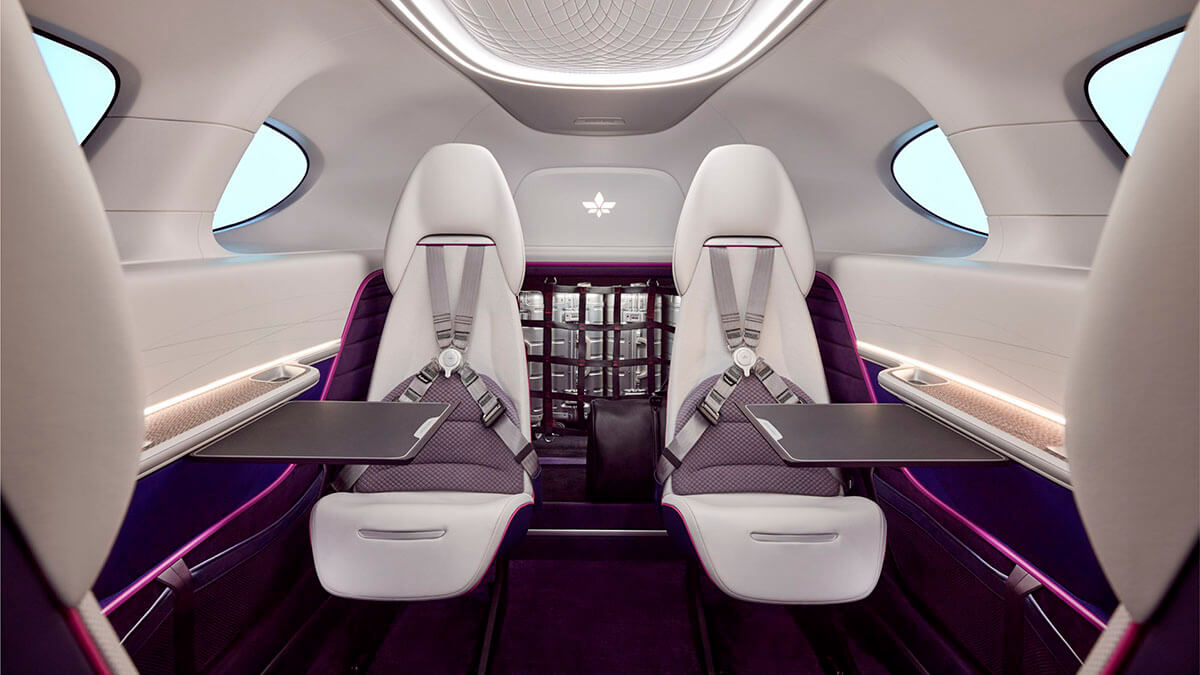
According to the latest press release issued by Lilium, the agreement includes a schedule of pre-delivery deposits and payments, a delivery schedule, aircraft performance guarantees and provisions for spare parts, maintenance and repairs. In addition, the parties will sign a comprehensive fleet maintenance and support agreement called "Lilium POWER-ON".
Ibrahim Al-Omar, CEO of Saudia Group, stressed that his company "is proud to be a pioneer in the MENA region with the acquisition of all-electric eVTOL jets", reflecting its "commitment to reducing our carbon footprint and leading regional electric aviation". "This agreement amplifies our commitment to Saudi Arabia's Vision 2030 and is the result of years of collaboration between Lilium and the Saudia Group," added Al-Omar.
Al-Omar said these eVTOL jets will revolutionise passenger transport with vertical take-off and landing capabilities, opening up new routes and saving time compared to traditional options. These jets will support Hajj and Umrah pilgrimages, offer quick access to major sporting and entertainment events in Riyadh and facilitate tourism to hard-to-reach destinations across the Kingdom.

The Saudia Group is expected to take delivery of the first jets in 2026, with operations to be managed by Saudia Private. The Lilium Jet will feature premium cabins for six passengers plus luggage, offering a superior travel experience. Prior to commercialisation, Saudia Group will provide support in Lilium's certification process with the Saudi Arabian General Authority of Civil Aviation.
For his part, Klaus Roewe, CEO of Lilium, said he was "proud" of its partnership with Saudia and "excited to lead progress in the eVTOL industry". "Our collaboration will transform premium air travel in the Gulf Cooperation Council region," he said.
This purchase agreement with the Saudia Group marks the latest addition to Lilium's extensive order book, which now consists of 106 purchase commitments and reservations, 76 additional purchase options and approximately 600 aircraft under memoranda of understanding.
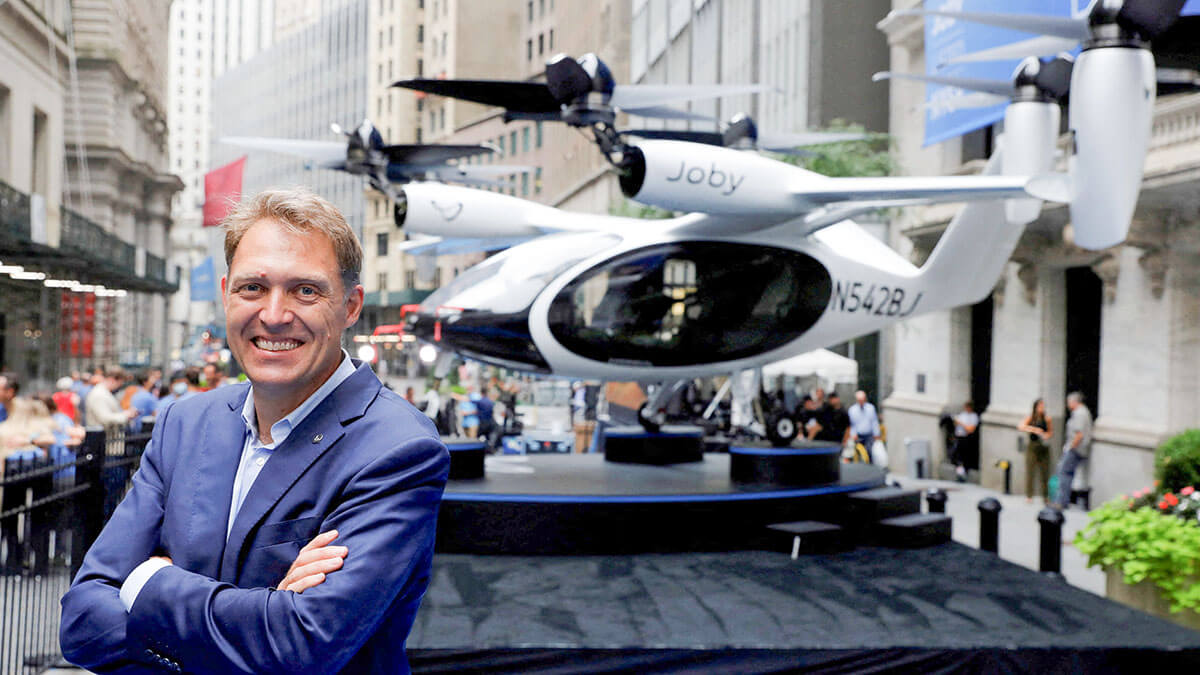
In addition, Lilium is in advanced discussions with other global airlines seeking to reduce carbon emissions and electrify regional air travel. In February, Joby Aviation, a US company, won the exclusive right to operate flying taxi service in Dubai for six years, following an agreement with the emirate's Roads and Transport Authority. This agreement covers the regulatory approach for the initial operational phases and includes support for the service to begin in early 2026, after a pilot phase next year, followed by further development.
As reported by Al Arab, there are many startups developing flying taxis, such as US companies Uber and Boeing, but Lilium stands out for its unique aircraft-like design and serious flying characteristics. The aircraft Lilium is developing, powered by 36 electric jet engines installed in the wings, will be able to cover a distance of up to 300 kilometres in one hour, reducing travel times through cities or congested areas. This model can fly at speeds of up to 300 kilometres per hour and operate for a full hour. Although it is capable of autonomous flight, the company plans to include a human pilot on board.
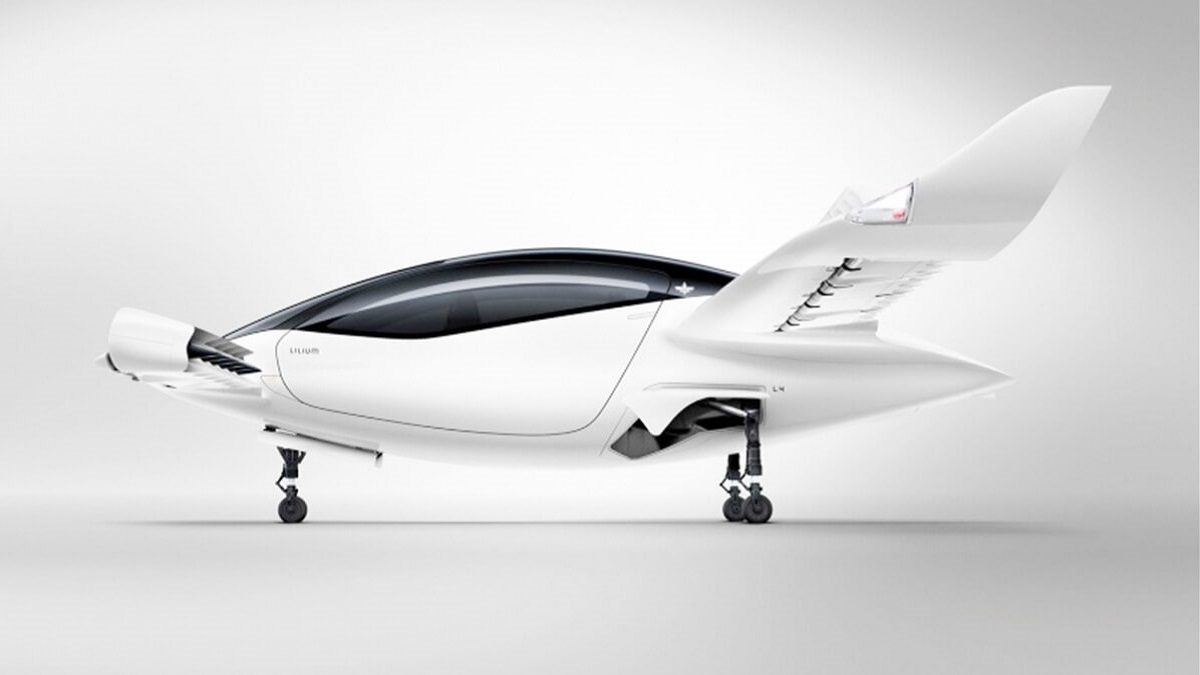
As such, the agreement signed between Lilium and the Saudia Group not only represents a significant milestone in the electric aviation industry, but also underscores both groups' commitment to innovation and sustainability. With the addition of the Lilium Jet, Saudi Arabia positions itself at the forefront of regional air transport, offering a fast, efficient and environmentally friendly alternative for passenger movement. This development reflects the Kingdom's ambitious Vision 2030, which seeks to diversify its economy and reduce its carbon footprint.
As other global airlines join this electric revolution, the collaboration between Lilium and the Saudia Group stands as a benchmark model in the transition to more sustainable and technological aviation.


